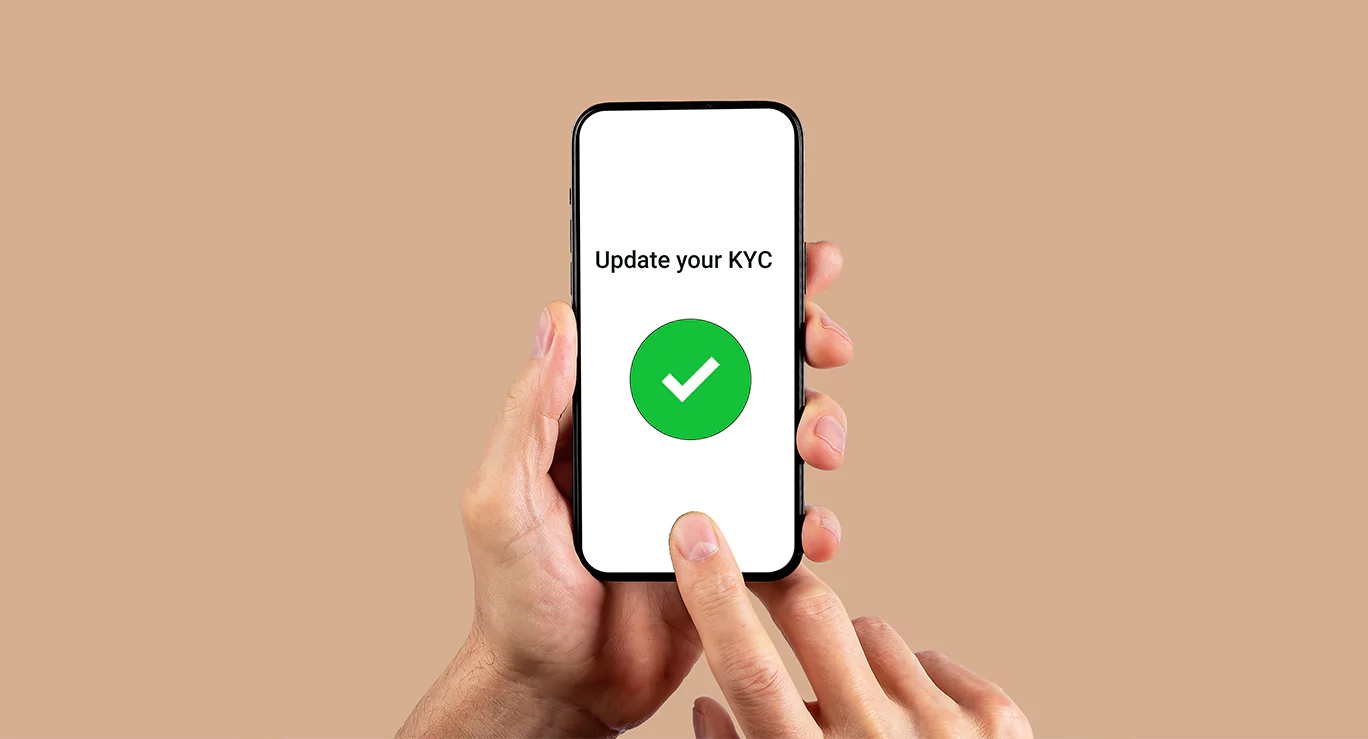Top Suggestions
As per Reserve Bank of India (“RBI”) guidelines on KYC norms, Home Credit India needs to update KYC information and documents of its customers at periodic intervals.

KYC, or "Know Your Customer," is a mandatory process used by financial institutions to verify the identity, address, source of funds, business/income profile of the customers of their customers. This helps prevent fraudulent activities like money laundering. In essence, it's a way for banks and other institutions to ensure that you are who you claim to be.
KYC is crucial for both financial institutions and customers. For institutions, it helps protect them from financial crimes and reduces the risk of their lending portfolios. Having up-to-date KYC documents is crucial for smooth loan processing and ensuring compliance with regulatory requirements.
Adhering to Regulatory Standards: Keeping your KYC documents up to date ensures compliance with legal requirements and regulatory obligations.
Streamlined Processing: Having the latest documents can significantly speed up the loan approval process.
Precision: Ensure smooth transactions and prevent issues by maintaining precise and up-to-date information/document.
Identity Verification: Lenders rely on KYC documents to authenticate your identity, address, financial status, and other demographic details.
Safety: Safeguard yourself against identity theft and fraud by ensuring your documentation is always updated.
Typically, you will need to provide:
KYC is a vital process that ensures the security and integrity of financial transactions. By completing your KYC, you contribute to a safer financial environment.
Yes, NBFCs are required to classify the customers into low, medium and high categories depending on their AML risk assessment.